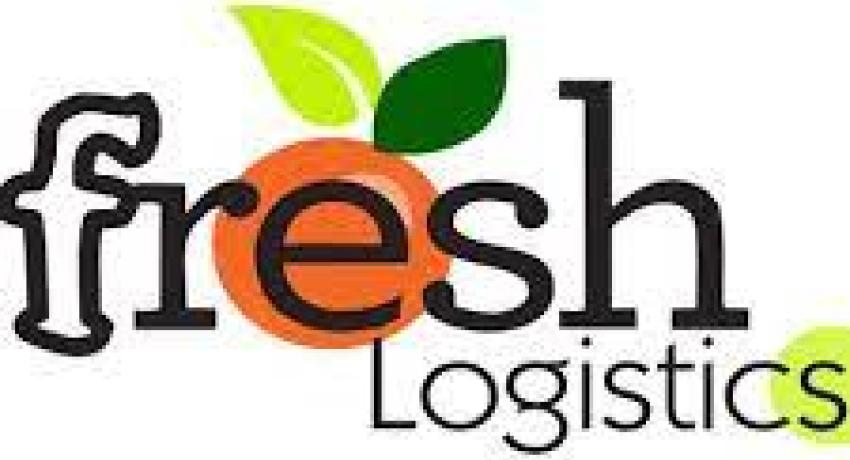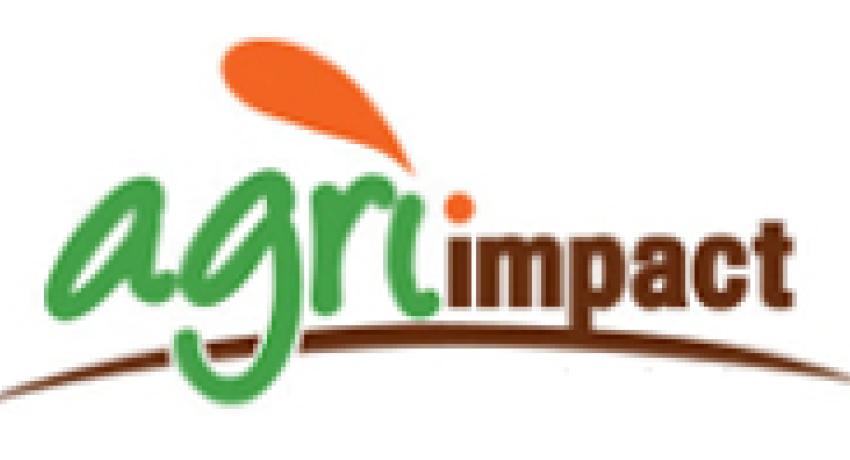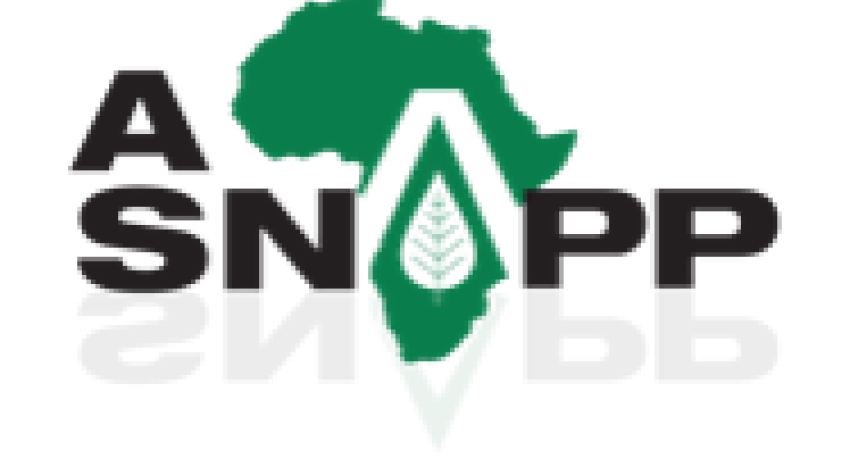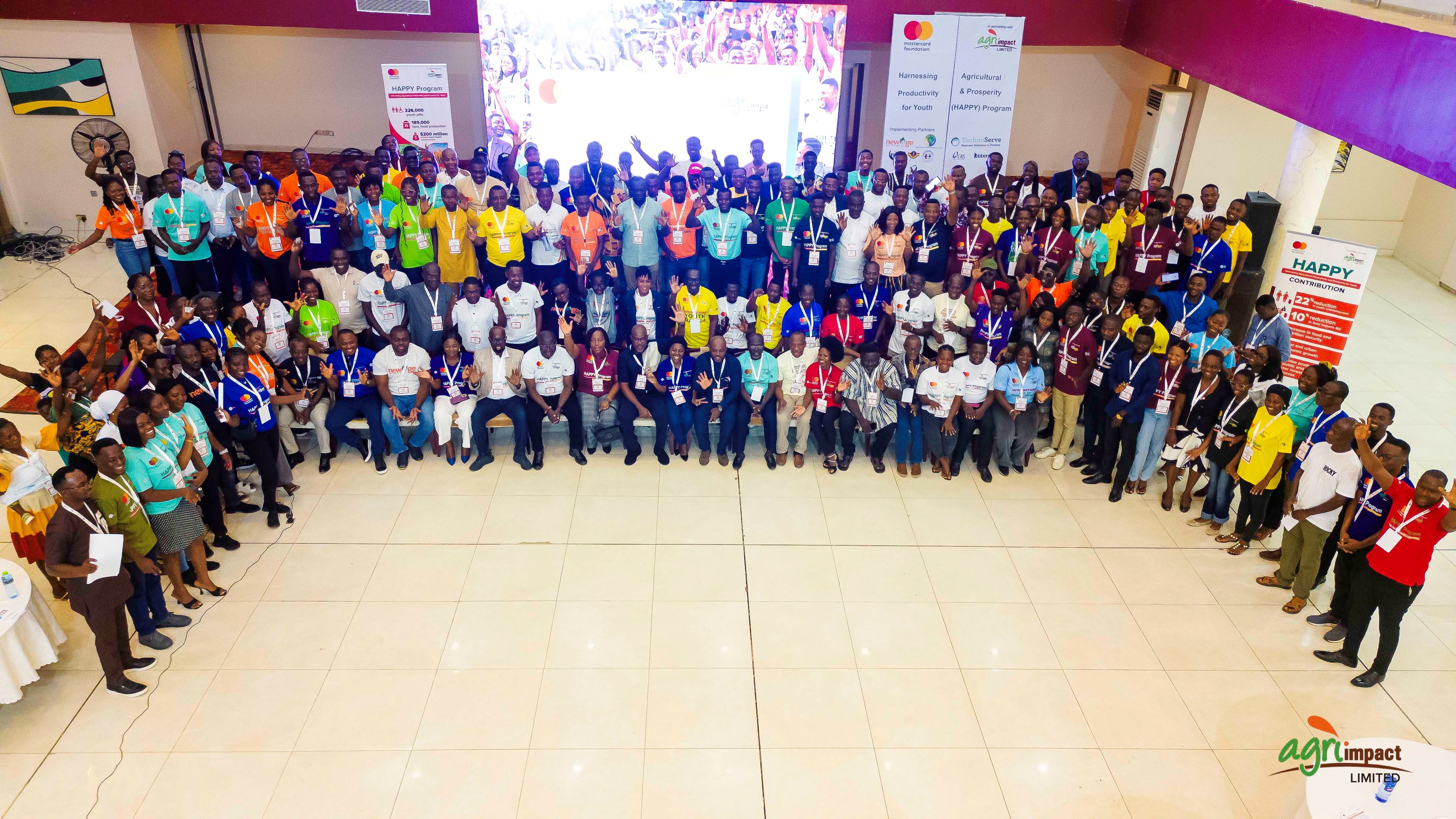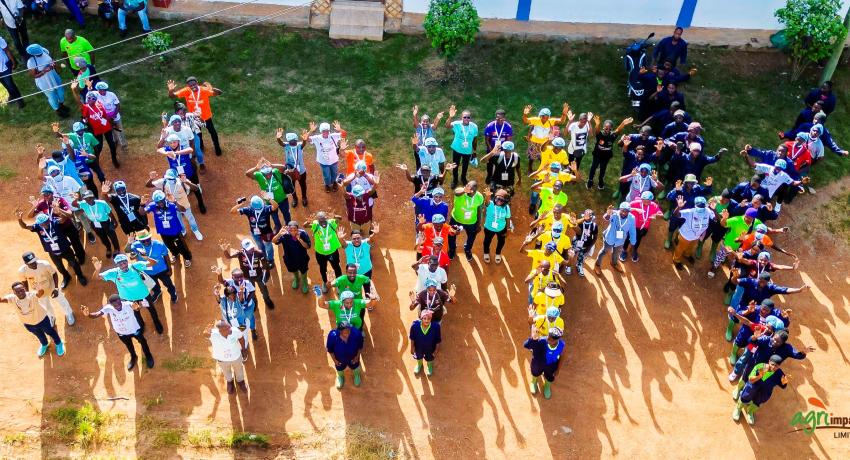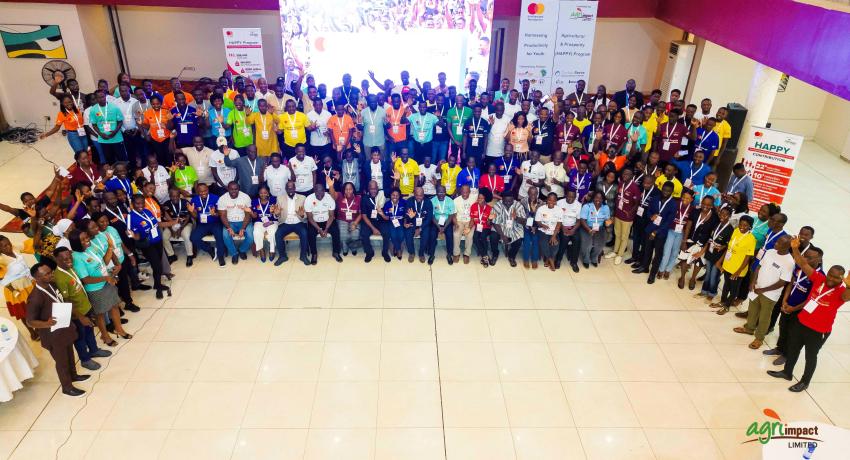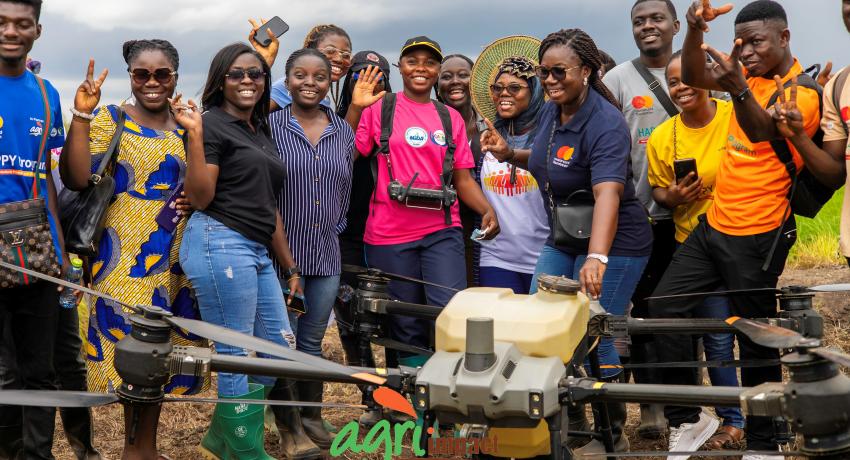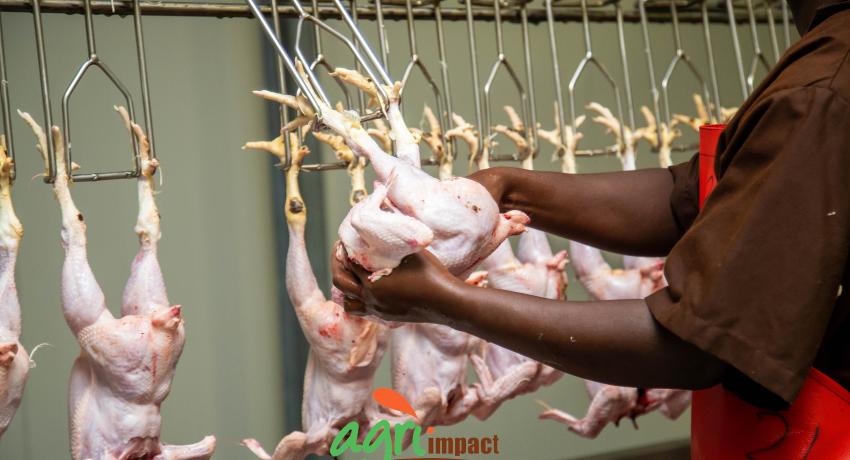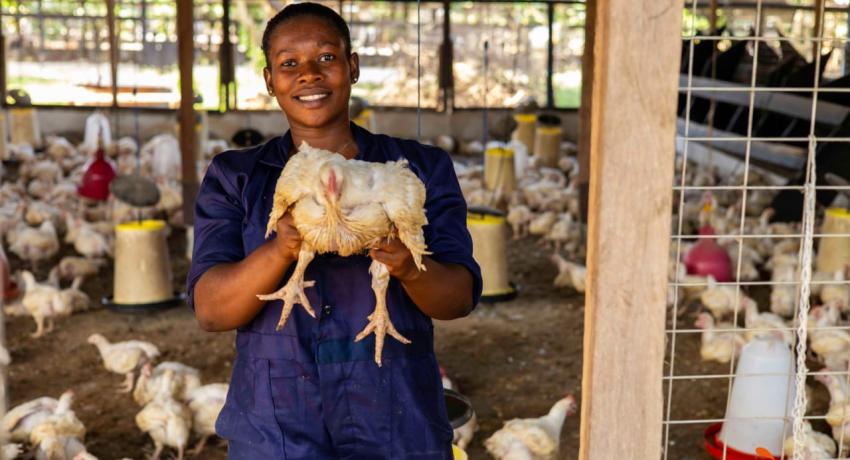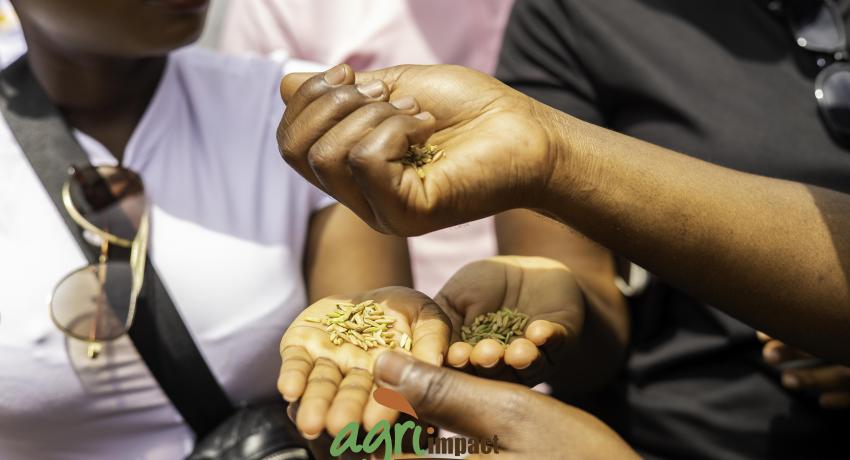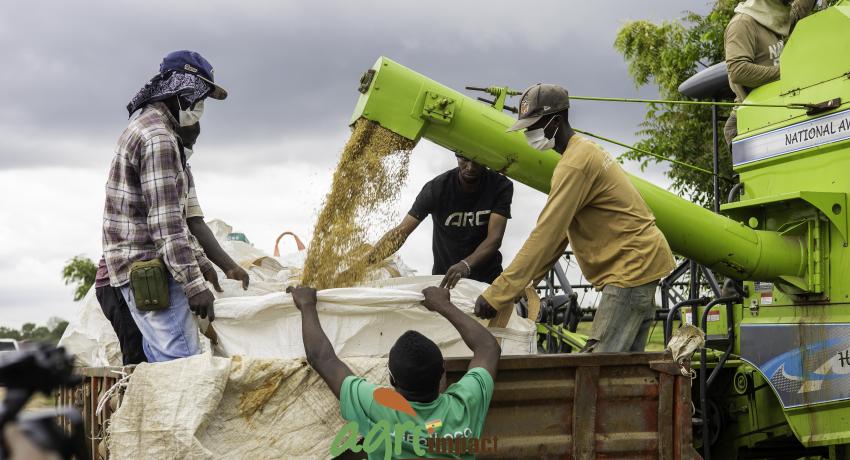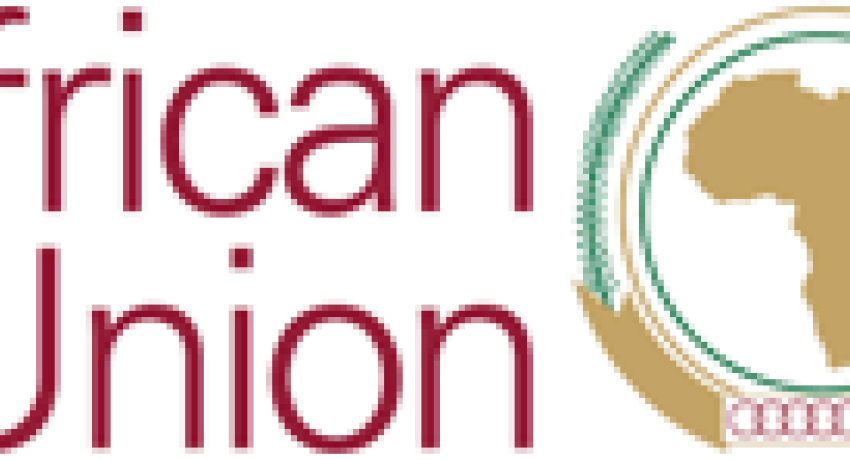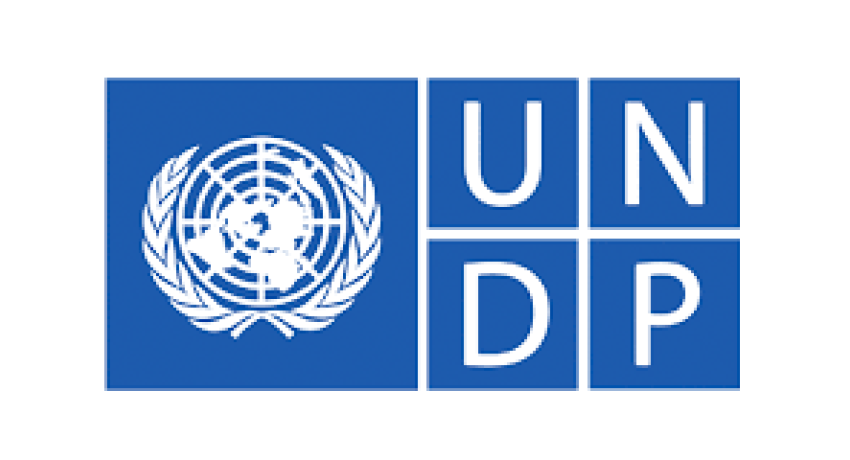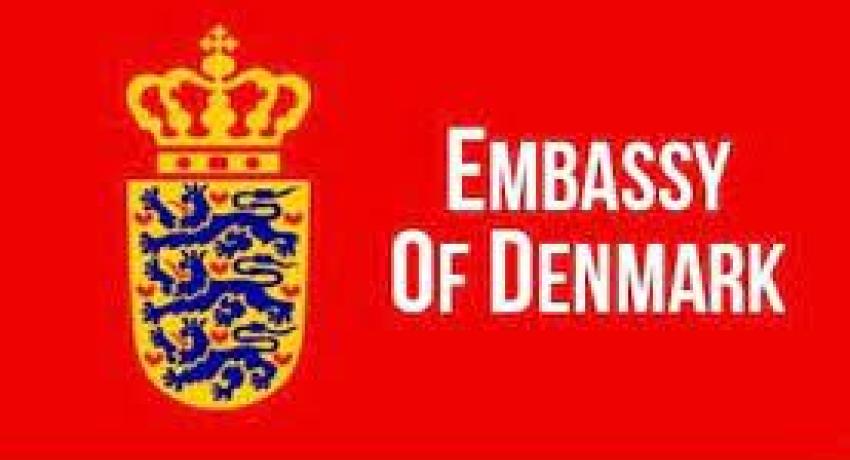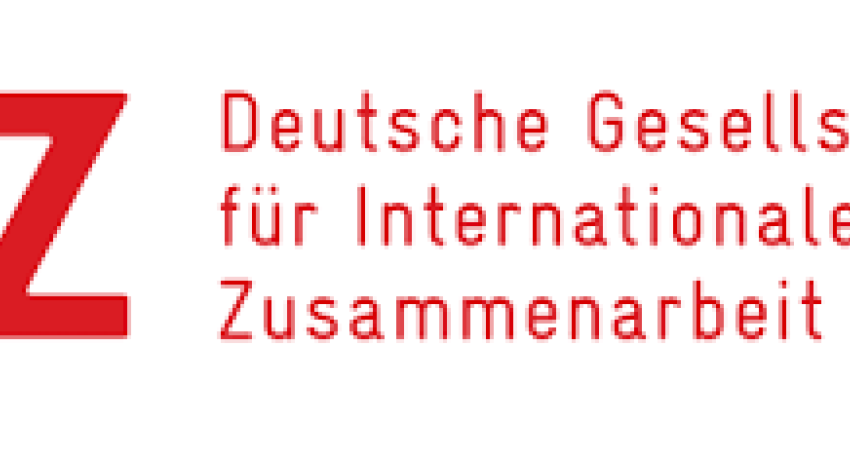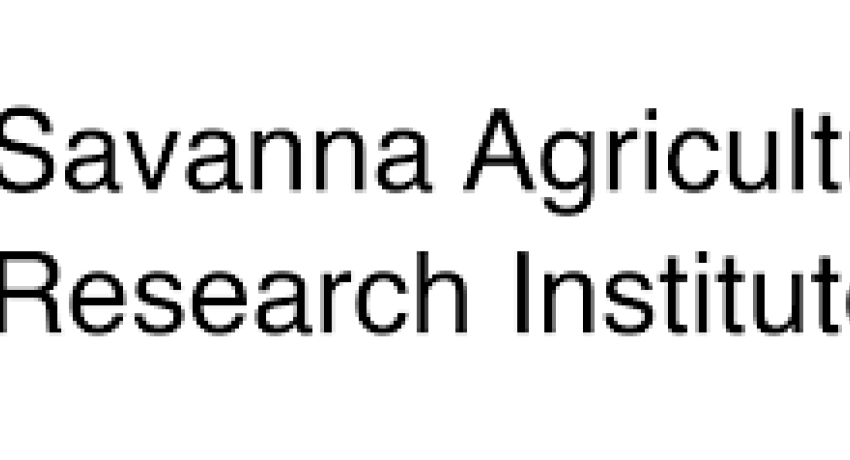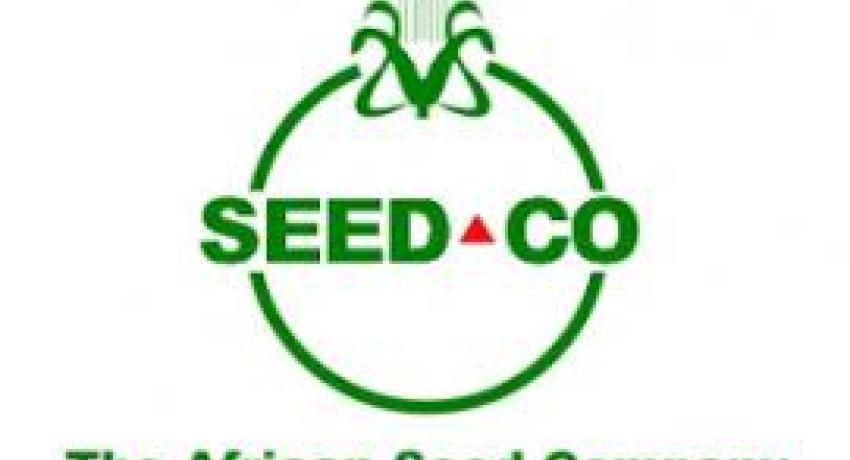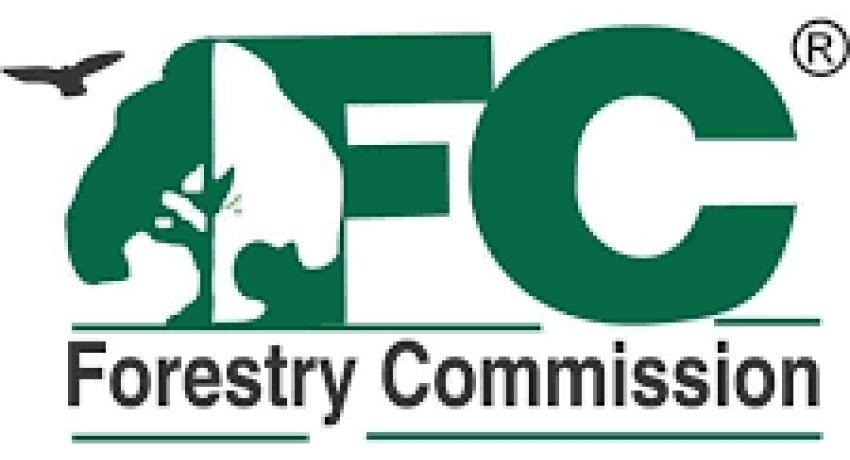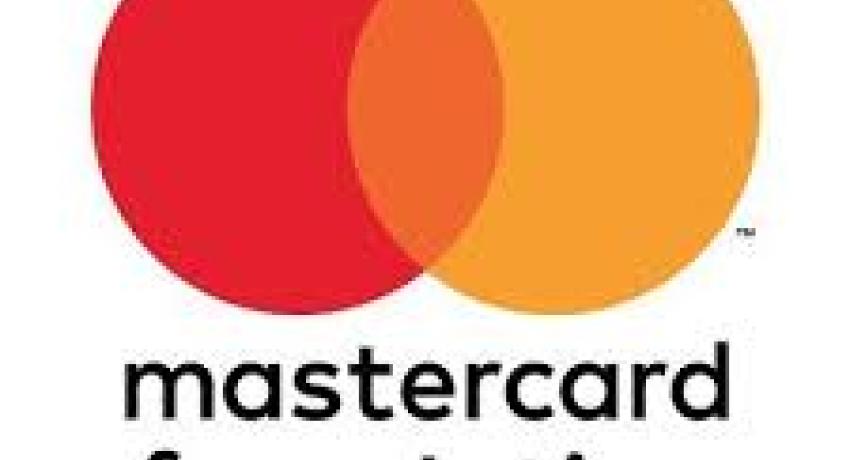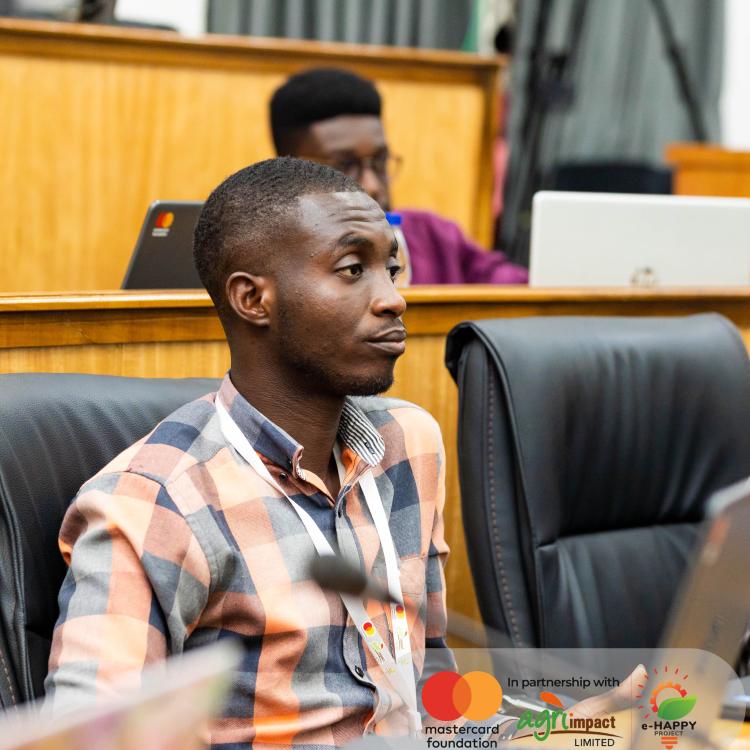In just one year, the Harnessing Agricultural Productivity and Prosperity for Youth (HAPPY) Program has become a beacon of hope for thousands of young Ghanaians, proving that agriculture can be a transformative career path.
Rolled out in December 2023, this four-year initiative by the Mastercard Foundation in partnership with Agri-Impact Limited and a consortium of eight partners has facilitated dignified, fulfilling work opportunities for over 94,000 young people across Ghana’s agricultural sector within a year.
The program’s focus on four key agricultural value chains—rice, poultry, tomato, and soybean—is enabling youth to become entrepreneurs. It’s giving young agripreneurs the skills, resources, and market access they need to thrive in a fast-changing industry.
In its first year, the HAPPY Program has made a tangible impact across Ghana. The program has expanded to 13 regions, 50 districts, and over 200 communities, creating ripples of change throughout the country. The hard work of young farmers has generated $13.2 million in revenue.
Young farmers have produced a total of 21,962 metric tons of food, including 1,278,887 birds (2,968 metric tons of poultry), 10,360 metric tons of paddy rice, and 1,106 metric tons of processed rice. These contributions are not only vital for food security but also for the growth of the agricultural sector. The program also saw 18,762 hectares of farmland cultivated and the distribution of 1.8 million healthy day-old chicks to young farmers, further enhancing their ability to succeed.
The HAPPY Program has attracted $18.4 million in private-sector investment within year one, which has helped to develop essential infrastructure such as hatcheries, silos, warehouses, and processing facilities.
These investments are crucial for scaling production and ensuring sustainability. Additionally, $25 million has been invested in land development and irrigation, strengthening the sector’s long-term prospects.
The Program has also succeeded in reviving Ghana’s Broiler Poultry sector, which had almost become defunct due to certain challenges. It has also succeeded in injecting life back into some defunct meat processing factories that had been dormant for several years.
As the program enters its second year, the goal is to create 130,000 new work opportunities, with a particular emphasis on empowering 70% women and persons with disabilities.
Through skills training, mentorship, and market linkages, the program is making a conscious effort to be inclusive, ensuring that even those from marginalized communities can thrive in agriculture.
The HAPPY Program is not just about creating jobs; it’s about empowering youth to see agriculture as a tool for prosperity and national development. Through capacity building, financial support, and strategic partnerships, young agripreneurs are unlocking new business opportunities, contributing to local economies, and shaping Ghana’s future.

